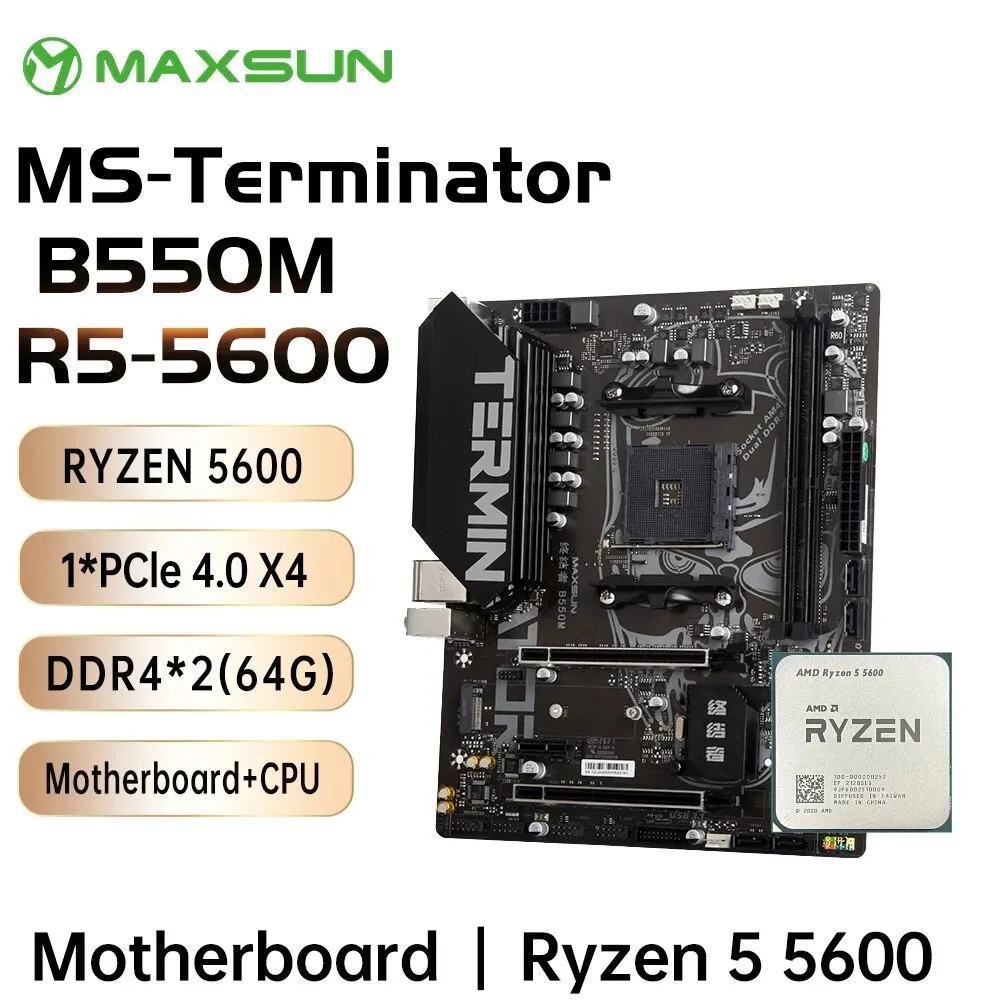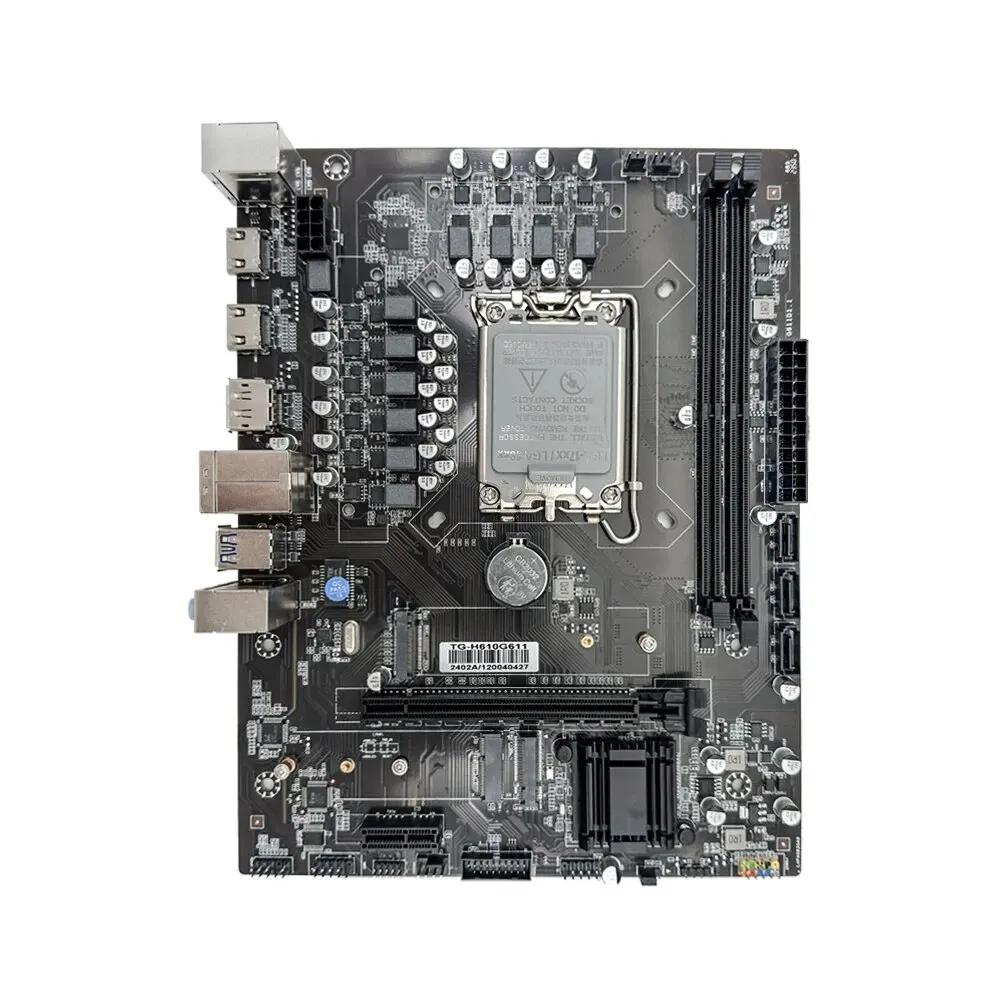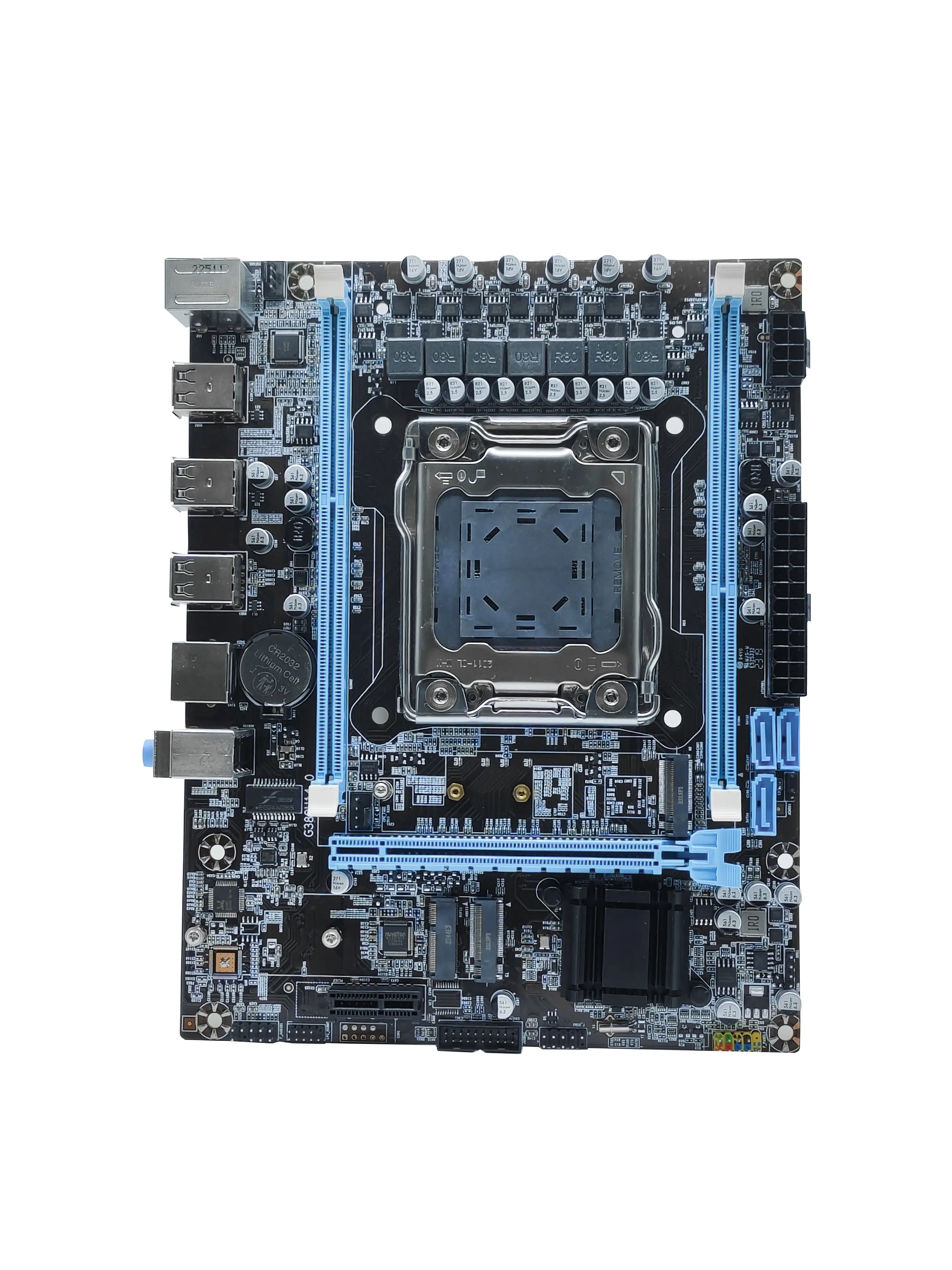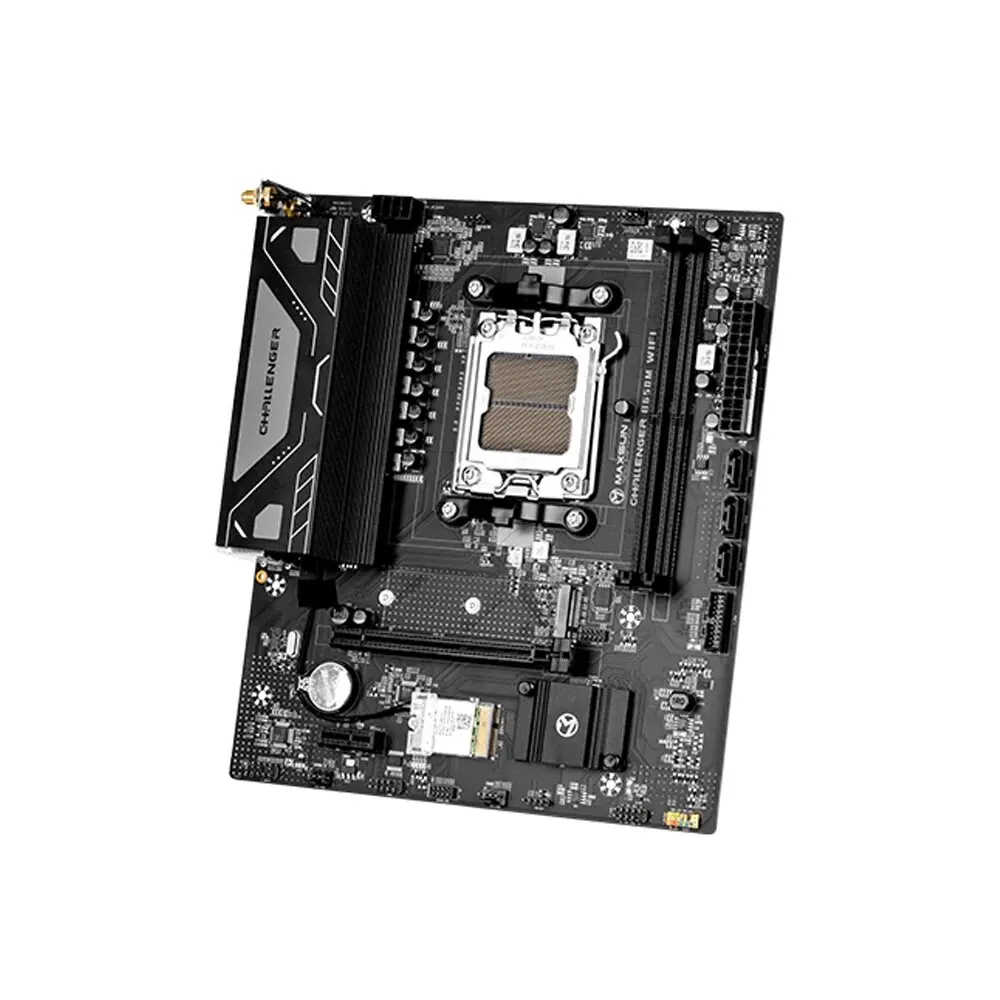Unlocking Maximum Performance: Why Your Motherboard Matters More Than You Think
When it comes to computer performance, many users often focus on components like the CPU, GPU, and RAM, overlooking a critical part of the build: the motherboard. The motherboard is essentially the backbone of a computer system, determining how all the components interact. This article will explore the various ways in which a motherboard impacts overall computer performance and how to select the right one for your needs.
The Role of the Motherboard
The motherboard is a printed circuit board that connects the CPU, memory, storage devices, and peripherals. It houses important components, such as:
- Chipset: Manages data flow between the processor, memory, and peripherals.
- Slots for RAM and expansion cards (like GPUs).
- Connectors for storage devices (SATA, NVMe).
- I/O ports for connectivity (USB, HDMI, etc.).
Key Factors that Affect Performance
1. Chipset Architecture
The chipset defines how well your motherboard can manage communication between the CPU, memory, and I/O devices. A more advanced chipset often supports better performance features:
- Higher data transfer speeds
- Increased compatibility with newer components
- Enhanced power management for energy efficiency
Choosing a motherboard with a robust chipset is crucial, especially if you plan to overclock your CPU or add multiple GPUs for tasks such as gaming or data processing. For instance, consider the MAXSUN B550M Motherboard, which is designed to optimize performance for AMD Ryzen processors.

2. Memory Support
The motherboard affects the type, speed, and amount of RAM you can use:
- Supported RAM Types: Ensure compatibility with DDR3, DDR4, or DDR5 depending on your needs.
- Speed: Higher clock speeds can significantly enhance performance, especially in memory-intensive applications.
- Total Capacity: The maximum amount of RAM supported can limit multitasking and large application performance.
A motherboard that supports faster RAM speeds and higher capacities will undoubtedly contribute to better performance. For those seeking options, the MONGOL H610M Motherboard offers compatibility with Intel’s 12th Gen CPUs, ensuring seamless multitasking and connectivity.

3. Expansion Slots and Connectivity
Motherboards come with various expansion slots, such as PCIe slots for GPUs, sound cards, and other peripherals. The number of available slots and their version (e.g., PCIe 4.0 vs. PCIe 3.0) can directly influence:
- Gaming performance through multiple GPUs
- System upgrade potential
- Data transfer rates for connected devices
Integration with new technologies such as Thunderbolt, USB-C, and NVMe can also enhance overall system performance. The MOUGOL X79 Motherboard, for example, features a range of slots and support for high performance, ideal for tasks that demand significant computing power.

4. Power Delivery and Cooling
Motherboards differ in their power delivery systems. A high-quality motherboard delivers stable and adequate power to the CPU, especially in high-demand scenarios. This is essential for:
- Maintaining system stability
- Allowing for overclocking without crashing
- Ensuring optimal thermal performance
Additionally, features such as built-in cooling solutions can affect thermal management, further ensuring optimal component performance.
Choosing the Right Motherboard
When selecting a motherboard, consider the following:
- Compatibility: Ensure that it fits your chosen CPU and RAM.
- Future-proofing: Look for features like the latest PCIe versions and support for higher RAM speeds.
- Budget: Balance performance needs with your budget. A high-end motherboard can significantly improve performance, but it’s not always necessary for every user.
Conclusion
The motherboard is often an underappreciated component when evaluating overall computer performance. However, its role in system reliability, data transfer rates, and compatibility with other hardware cannot be overstated. When you are building or upgrading your computer, take the time to choose a motherboard that aligns with your performance goals, as it can be the difference between a system that meets your needs and one that falls short. If you’re considering an upgrade, check out the MAXSUN B650M WiFi Motherboard, which integrates cutting-edge technology for superior performance.






